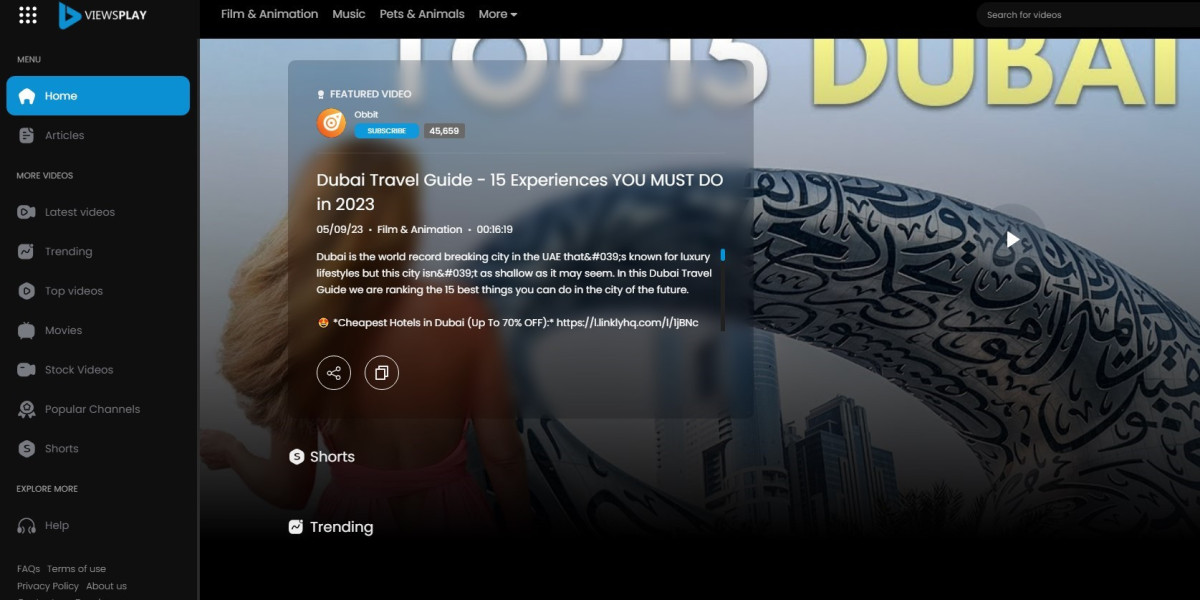The healthcare industry is undergoing a profound digital transformation, driven by regulatory mandates, the need for enhanced efficiency, improved patient care, and the adoption of advanced technologies. This complex evolution has created a significant demand for specialized expertise, fueling the robust growth of the healthcare IT consulting market . These consulting services provide healthcare organizations with the knowledge, guidance, and support needed to navigate the intricate landscape of healthcare technology, optimize their IT infrastructure, and achieve their strategic objectives . and other stakeholders seeking to leverage the power of information technology.
Key Drivers Propelling the Healthcare IT Consulting Market
Several factors are contributing to the rapid expansion of the healthcare IT consulting market :
- Increasing Adoption of Digital Health Technologies: The widespread implementation of Electronic Health Records (EHRs), telehealth platforms, mHealth applications, data analytics tools, and other digital health technologies necessitates expert guidance for selection, implementation, integration, and optimization. Healthcare organizations often lack the in-house expertise to effectively manage these complex projects, driving the demand for digital health consulting services .
- Stringent Regulatory Compliance: The healthcare industry is subject to numerous regulations concerning data privacy, security, and interoperability, such as HIPAA in the United States, GDPR in Europe, and similar mandates globally. Healthcare IT consultants possess the specialized knowledge to help organizations navigate these complex regulatory requirements and ensure compliance, particularly concerning healthcare data security consulting and HIPAA compliance consulting.
- Need for Enhanced Data Security and Cybersecurity: The increasing reliance on digital systems and the sensitive nature of patient data make cybersecurity a paramount concern for healthcare organizations. Healthcare IT consultants provide expertise in assessing vulnerabilities, implementing security measures, and developing robust cybersecurity strategies to protect against data breaches and cyber threats. The demand for healthcare cybersecurity consulting is continuously rising.
- Focus on Interoperability and Data Exchange: Achieving seamless data exchange between disparate healthcare systems is crucial for coordinated care and improved patient outcomes. Healthcare IT consultants play a vital role in developing interoperability strategies, implementing data exchange standards, and facilitating the integration of various IT systems, including EHRs, PACS, and laboratory information systems.
- Demand for Data Analytics and Business Intelligence: Healthcare organizations are increasingly looking to leverage the vast amounts of data they generate to gain insights, improve operational efficiency, enhance clinical decision-making, and support population health management. Healthcare IT consultants with expertise in data analytics and business intelligence help organizations implement data warehousing solutions, develop reporting capabilities, and extract actionable insights from their data.
- Cloud Adoption and Infrastructure Modernization: The migration of healthcare IT infrastructure to the cloud offers numerous benefits in terms of scalability, cost-effectiveness, and flexibility. Healthcare IT consultants guide organizations through the cloud adoption process, ensuring security, compliance, and seamless integration with existing systems. They also assist with overall IT infrastructure modernization efforts.
- Value-Based Care Initiatives: The shift towards value-based care models requires healthcare organizations to focus on improving quality of care and patient outcomes while controlling costs. Healthcare IT consultants help organizations leverage technology to track performance metrics, manage patient populations, and optimize care delivery processes to succeed in value-based care environments.
Key Service Areas Within the Healthcare IT Consulting Market
The healthcare IT consulting market encompasses a wide range of specialized services, including:
- IT Strategy and Planning: Developing IT roadmaps, aligning IT initiatives with business goals, and providing strategic guidance on technology investments.
- EHR Implementation and Optimization: Assisting with the selection, implementation, customization, and ongoing optimization of EHR systems.
- Data Analytics and Business Intelligence: Developing data warehousing solutions, creating reporting dashboards, and providing insights through data analysis.
- Cybersecurity and Risk Management: Assessing security vulnerabilities, implementing security controls, and developing cybersecurity strategies.
- Interoperability and Integration: Facilitating data exchange between different healthcare IT systems and ensuring seamless integration.
- Cloud Computing Services: Guiding cloud adoption strategies, managing cloud migrations, and ensuring secure cloud environments.
- Telehealth and Remote Patient Monitoring Implementation: Assisting with the selection and deployment of telehealth platforms and remote monitoring solutions.
- Mobile Health (mHealth) Strategy: Developing strategies for leveraging mobile applications and devices to improve patient engagement and care delivery.
- Regulatory Compliance Consulting: Providing expertise on HIPAA, GDPR, and other relevant healthcare regulations.
- IT Project Management: Overseeing the planning, execution, and completion of healthcare IT projects.
- Change Management and Training: Assisting organizations with the human aspects of technology implementation, including user training and workflow adjustments.
Regional Dynamics and Competitive Landscape
North America currently holds the largest share of the global healthcare IT consulting market, driven by its advanced healthcare system and stringent regulatory environment. Europe and the Asia-Pacific region are also significant and rapidly growing markets, fueled by increasing healthcare investments and the adoption of digital health initiatives. The Middle East and Latin America represent emerging markets with considerable growth potential.
The healthcare IT consulting market is competitive, with a mix of large multinational consulting firms, specialized healthcare IT consultancies, and niche players focusing on specific technology areas or healthcare segments. Key players include Accenture, Deloitte, Ernst & Young (EY), KPMG, Tata Consultancy Services (TCS), Cognizant, Infosys, and numerous other firms with significant healthcare IT consulting practices. Competition is based on industry expertise, technical capabilities, service offerings, geographic reach, and reputation.
Future Outlook and Challenges
The healthcare IT consulting market is poised for continued robust growth in the coming years, driven by the ongoing digital transformation of the healthcare industry, increasing regulatory complexities, and the continuous emergence of new technologies. The demand for expertise in areas like AI, machine learning, blockchain, and the Internet of Medical Things (IoMT) within healthcare is expected to rise significantly.
However, the market also faces certain challenges:
- Keeping Pace with Rapid Technological Advancements: Consultants need to continuously update their knowledge and skills to effectively advise clients on the latest technologies.
- Data Security and Privacy Concerns: Maintaining the confidentiality and security of sensitive client data is paramount for consulting firms.
- Talent Acquisition and Retention: Attracting and retaining skilled healthcare IT consultants can be challenging due to high demand.
- Cost of Consulting Services: Healthcare organizations, particularly smaller ones, may face budget constraints when seeking consulting services.
- Demonstrating Measurable ROI: Clients increasingly expect consultants to demonstrate the tangible benefits and return on investment of their services.
Despite these challenges, the critical role that healthcare IT consulting plays in enabling healthcare organizations to navigate the complexities of digital transformation ensures a bright future for this market. Consultants who can offer deep industry expertise, cutting-edge technical skills, and a focus on delivering measurable value will be well-positioned for success in this dynamic and evolving landscape.






